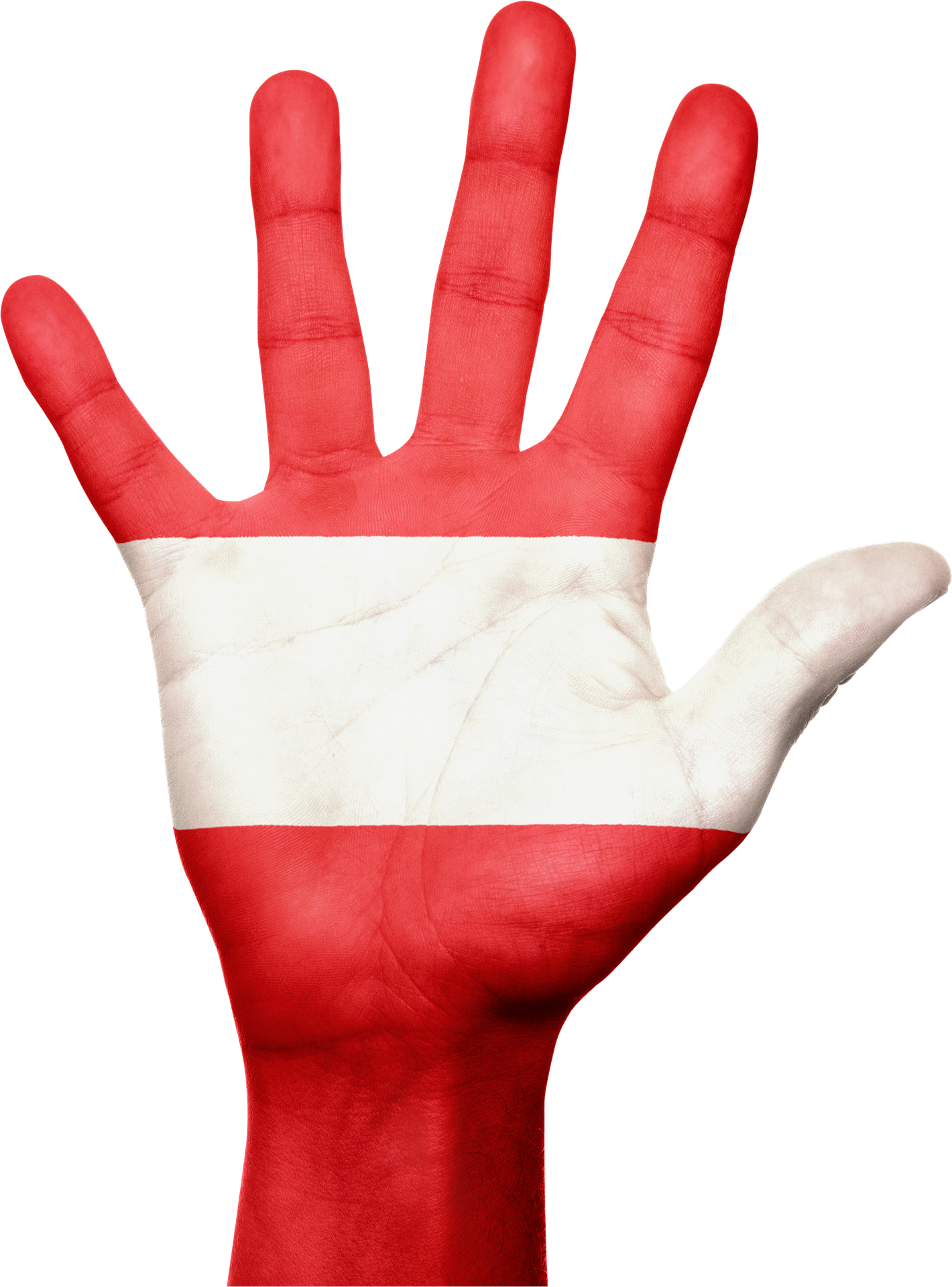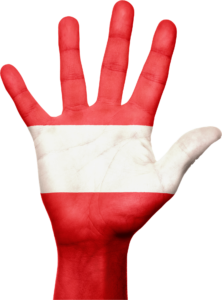Snap Election in Austria: Will the Far Right Prevail?
 Will the Austrian people reject the far right or will they prevail?
Will the Austrian people reject the far right or will they prevail?

In Austria, early parliamentary elections have given new life to the far right movement in western Europe. Last December, Freedom Party (FPO) candidate Norbert Hofer narrowly lost a presidential election. A series of nerve-wracking, yet unsuccessful campaigns by populists followed in 2017. Just as moderates and eurocrats cautiously breathed a sigh of relief, the Austrian parliament called for a snap election, with the far-right Freedom Party polling in first place. If they win, Austria could be the first democratically-elected far right government in Western Europe since WWII.
For most of the postwar period, Austria has been led by a grand coalition between the Social Democrats (SPO) and Christian Democrats – the People’s Party (OVP). While the two main parties have traditionally enjoyed considerable support, the Freedom Party has emerged as an alternative to the establishment. Austria’s grand coalition has long acted as a staple of European stability and liberalism. However, the rise of the FPO has pulled the establishment to the right, particularly on immigration issues. Pressure from the far right led to a burqa ban earlier in May, demonstrating the impact the populists have had on mainstream policymaking.
The call for a snap election comes after a recent shakeup within the conservative People’s Party, in which 30 year old Sebastian Kurz became the new leader of the OVP. In an effort to renew the image of the party and in riding the wave of his rising popularity, Kurz decided to end the coalition, prompting a snap parliamentary election. Given the polls and Kurz’s hardline views on immigration, it is likely that the OVP would form a coalition with the FPO. Kern, the leader of the Social Democratic party has also not ruled out a coalition with the FPO, likely because doing so would alienate voters.
As with many populist movements, the cult of personality has been a crucial element to the rise of the FPO. In 1999, Jörg Haider led the FPO to their best electoral result with 27% of the vote, placing second in the national election. In an unprecedented move, the party entered a coalition with the Christian Democrats. While international criticism prevented Haider from assuming the chancellorship, his accession shook up Austria’s political climate. Critics of Haider are quick to point out his Nazi affiliations. His parents were members of Hitler’s National Socialist Party, and in the past Haider made controversial comments to warrant that association. As governor of Carinthia he praised Hitler’s employment policies as orderly and called SS officers men of character. The FPO is haunted by its Nazi past: its founders were former Nazis themselves. Haider eventually founded his own party, before getting killed in a car crash in 2008. With Haider out of the picture, the party rebranded and successfully built a mass movement – capitalizing on frustrations surrounding Europe’s refugee crisis. The issue, which has already prompted the government to pass tough new asylum laws, is expected to be a focal point of the election.
When the FPO entered a coalition in 2000, the EU placed sanctions on Austria in protest of the radicalization of its government. These short lasting sanctions were justified by the failure of the right-wing government to meet European norms. If the FPO enters a coalition again this year, it will be hard for a hamstrung EU to take the same course of action. Facing backlash from all corners of the continent, it is now in no position to flex its muscles. Hungary and Poland now have far right governments in the East of Europe. While Western Europe has historically been considered more liberal and democratic, Austria’s election could mark the first democratic victory of a far right party in Western Europe since WWII.
